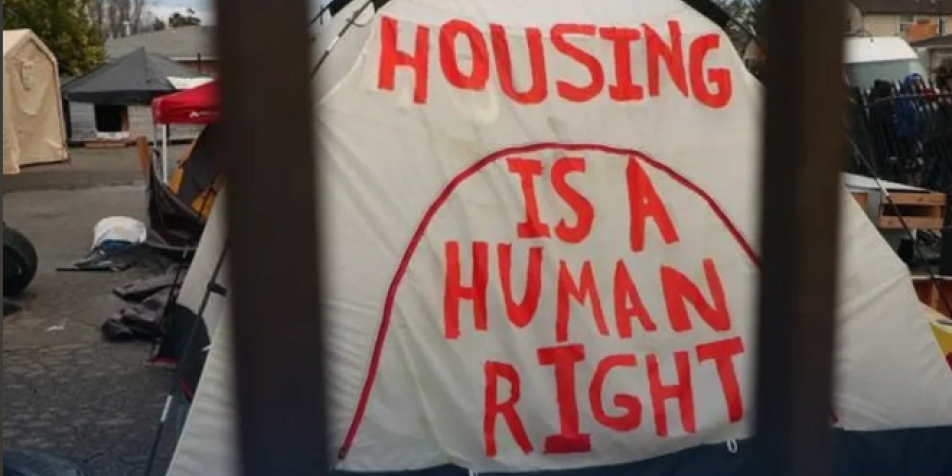Supreme Court Homelessness Case: What's at Stake in Grants Pass v. Gloria Johnson

The national housing crisis and related epidemic of homelessness have reached the US Supreme Court. On April 22, the Court heard arguments in City of Grants Pass v. Gloria Johnson, a case with high stakes for youth and adults experiencing homelessness. The case, likely to be decided this month, will determine the constitutionality of a city criminalizing homeless people, for sleeping in public with a blanket, in an effort to push them out of town. Adults have challenged the Grants Pass punitive ordinance, but the decision will also impact millions of young people nationwide who experience homelessness each year.
In 2013, when the Oregon city of Grants Pass adopted a plan to aggressively ticket, fine, and jail homeless individuals for sleeping in public, the city council president explained at a community roundtable that “the point” was to make it “uncomfortable enough” for people experiencing homelessness “so they will want to move on down the road.” This is an attempt to banish individuals for existing.
Homelessness poses unique challenges for youth. As we shared in an amicus brief joined by more than 200 expert organizations and individuals — including young people who have experienced homelessness — young people may be pushed out of home because of family challenges and then have trouble finding subsequent shelter because of their age. Criminalizing homelessness further undermines their long-term stability and well-being.
Across the country, young people are forced out of housing because they are running from physical or sexual abuse, have been rejected by family members, aged out of the foster care system with no safety net in place, or family mental health and economic challenges. In addition, Black, brown, and LGBTQ+ youth face homelessness at especially high rates because of the structural racism, discrimination, and rejection they face.
